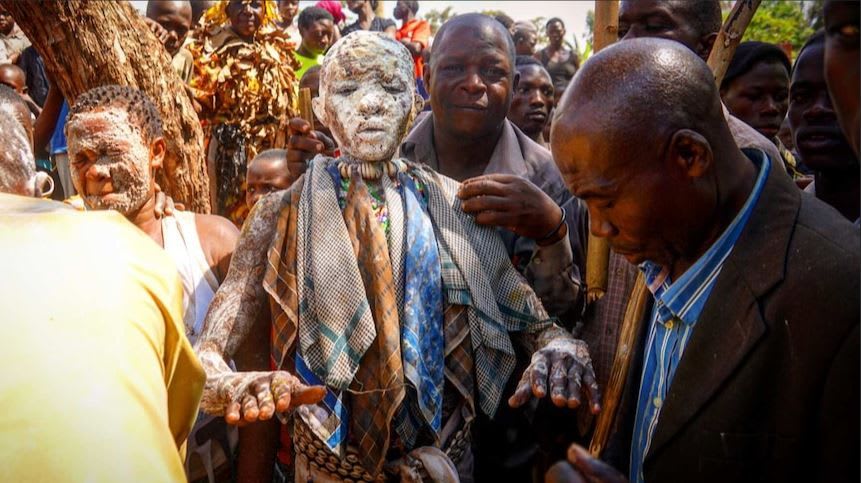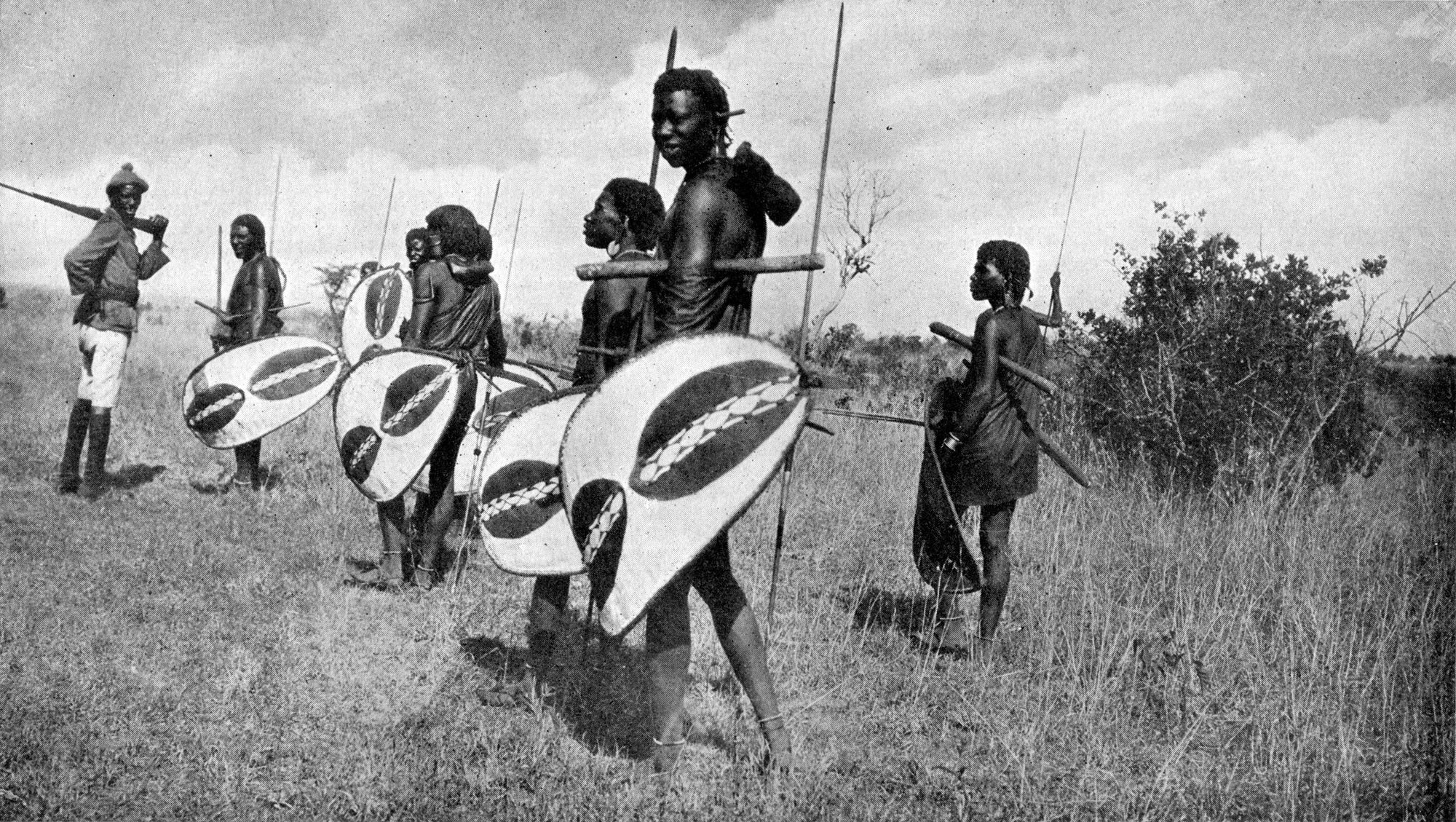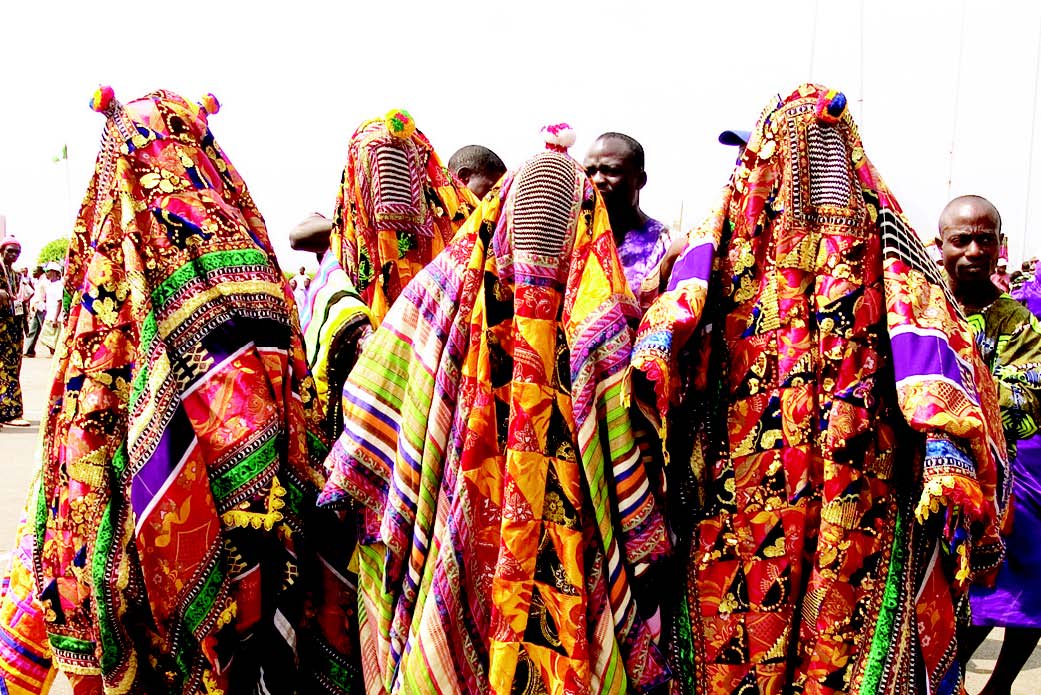Prior to the arrival of western, colonial Christianity, most African ethnicities made a clear distinction between a boy and a man. It was understood that a boy was an uncircumcised man, while a man was circumcised. This being the case, traditional initiation ceremonies were celebrated to officially mark this rite of passage for young men. Bogwera is one such ceremony in Africa.
Male initiation refers to rites of passage that mark the transformation of young men into an adult. It was and still is practiced by many African communities. Ritual male initiation often also includes circumcision of the initiates and spending about a month or longer in seclusion in a bush where they are taught survival tactics, tribal laws and customs and also undergo traditional circumcision.
Bogwera was an ancient institution mostly practiced before the Bahurutshe tribe began to sub-divide in the 16th and 17th centuries, to give rise to modern Setswana societies. Bogwera was a religious and cultural practice that played an integral part in the community’s spiritual life and expression of Batswana. Typically, young males between the ages of 16 and 23 underwent initiation. When the time came for a male to commence his initiation, all the potential initiates gathered to learn songs, herd cattle, collect firewood, cut saplings, fashion ropes for construction, and worked for their prospective chief in order to prepare for manhood and the initiation ceremony.
Prior to the act of circumcision, the initiated men of the community began constructing a frame for an ibhoma/boma, a hut in which the initiates would live during the initiation, while women thatched the ibhoma. The hut was set in isolation from the rest of the community in a location chosen by the chief. The isolated ibhoma was a symbol of the divide between the initiate and his former identity.
The commencement of the initiation ceremony was marked by a feast, the slaughtering of an uncastrated bull or ram and a procession of the initiates led by skilled stick fighters. Once the commencement ceremonies are completed, the elders of the community warn the initiates to put behind themselves their childish ways and to conduct themselves as men from that point on. They are then stripped of their clothes and washed away all relics of their childhood.
Finally, the initiates were circumcised and warned to exhibit courage and endurance when the ingcibi (traditional healer) cut. According to Zolani Ngwane of Haverford College, ‘it is a disgrace to grimace or show any kind of pain during circumcision.” When the cut is made, the initiate says, “I am a man!” and the healer/person cutting responded with “You are a man!’” After the ‘operation,’ the foreskin is destroyed or buried in order to protect the initiates from witchcraft and/or evil spirits. According to Zolani, the wounds were then wrapped with an indigenous herb that is said to have antibiotic and soothing properties.
Bokamoso Intwele, a 59-year-old biologist in Gaborone, is one of those who underwent Bogwera as a young man. ‘It was a scary but very interesting and informative time for me. Although I had heard what to expect from elders and other older initiates, I was still very uneasy. I feared that I was going to be one of very few who shrieked in pain! There was also so much to learn and take in during the teachings. If it were still being practiced today – I would, however, encourage my own sons to go. It is a life-changing experience,’ shared Bokamoso concerning his own experience of the ceremony.
It is often through tradition and custom that we find the rich oral tradition that was passed down from one generation to the other – through various rituals and folklore. With the termination of practices like Bogwera, we may have denied other (upcoming) generations of some of our rich and integral traditions.









